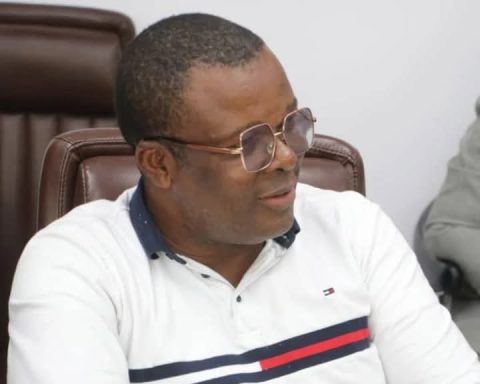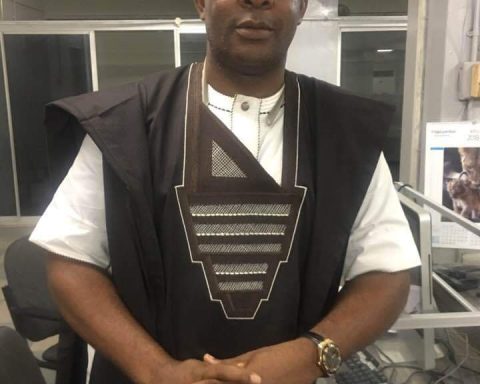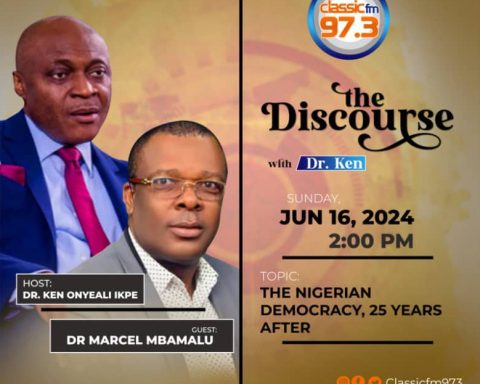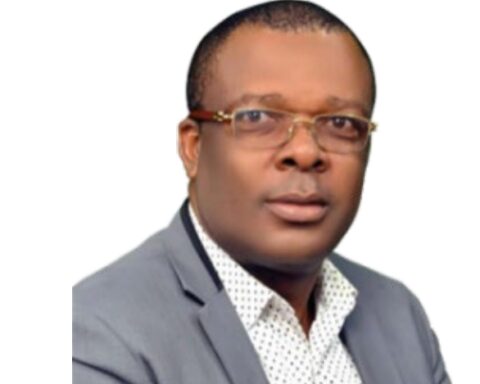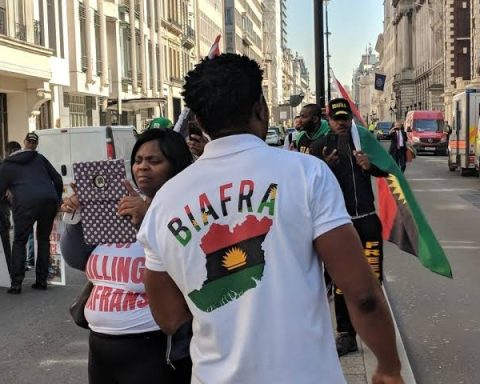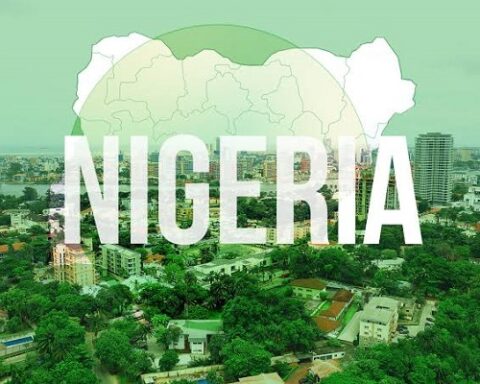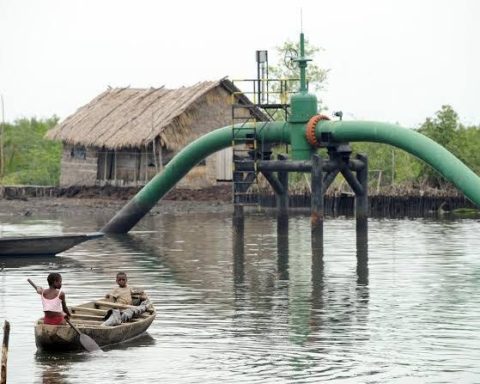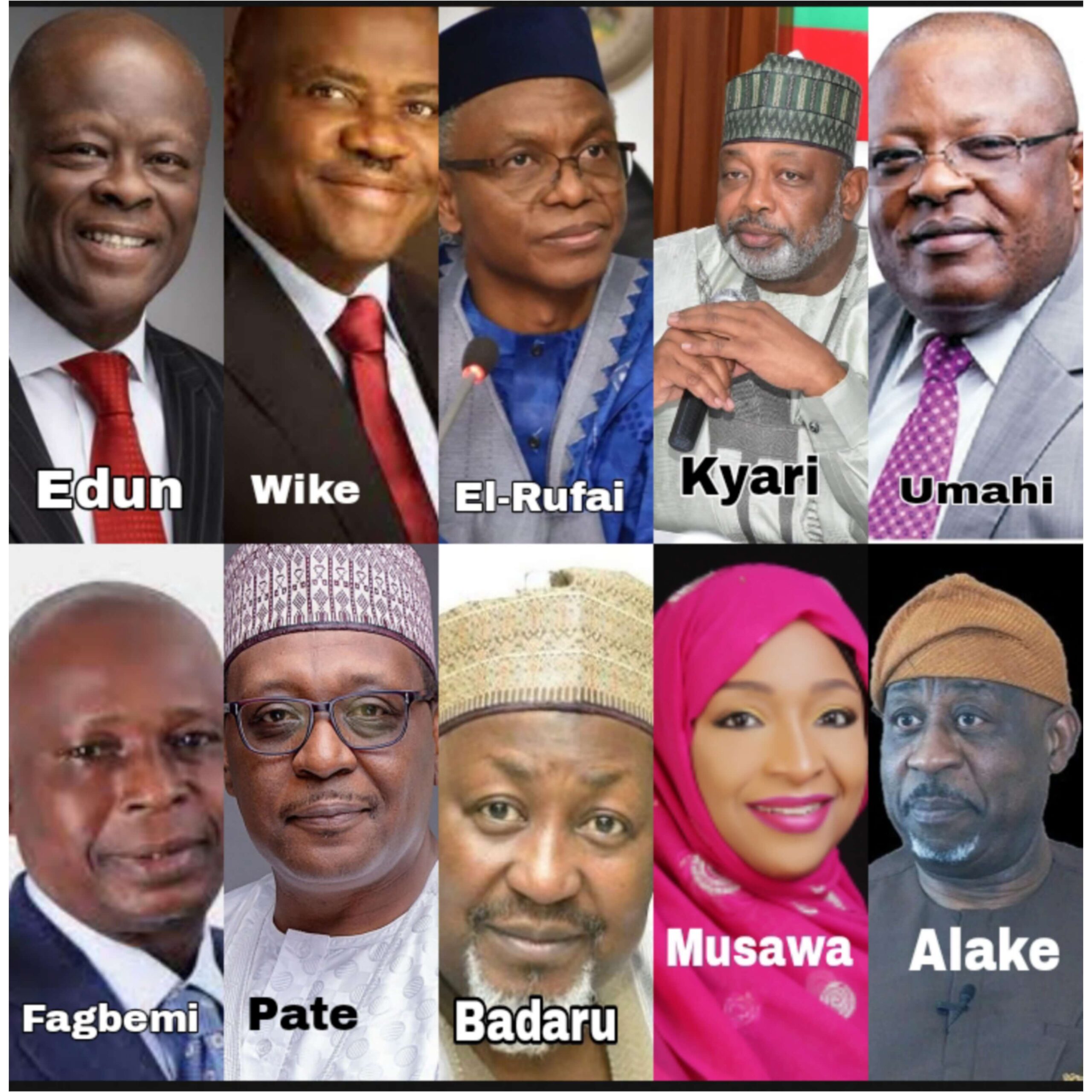
No need to again rehash the names on President Bola Ahmed Tinubu’s ministerial list, especially as we are not yet sure of the eventual number and who will do what. As of today, the identity of the men and women on the 28- member ministerial list so far released is no longer in question.
Join our WhatsApp ChannelHowever, after a two-month spirited waiting, the list inspires worry, because the majority of President Tinubu’s potential ministers are a crop of the old brigade, with a track-record of past failures. That is, they are chronic politicians whose education, ingenuity, leadership and innovativeness lie in playing Nigerian-type politics, especially siddon-look, cronyism, bootlicking and sectarianism.
Filled with ex-governors and former members of the National Assembly, the list contains a good dose of people who, in past dispensations, presided over alarming insecurity, sectionalism, incompetence, and corruption allegations.
READ ALSO: Ministerial Appointment: We Don’t Want Square Pegs In Round Holes – Dr Mbamalu
Tinubu himself is a whiz-kid in Nigeria-type politics: Recall that the executive arm of government led by President Tinubu had come under intense criticism for meddling deeply in the selection of the leaders of the National Assembly. The horse-trading for the leaders became so heated that many Nigerians forgot, or did not even know, that the leaders of the National Assemble are chosen through election, not selection. As reported widely in the media, Tinubu’s prescriptions, not just preference, prevailed at all levels, even for those of the opposition parties.
Without doubt, Tinubu has to choose his cabinet members. They are not to be elected. But his choice shows the kind of government he wants to run: a government of figurehead ministers, who must get the nod of the President before they sneeze, let alone initiate developmental projects.
Reasons for Despair
So far, the notion of competition among ministries for excellence in innovation is unthinkable in Nigeria. Security, transportation, communication, women affairs, sports, youth development, culture, etc., are names that resonate with what the most ordinary person does every day. In Nigeria, no one gets to feel anything about these from the local to the federal level. This is a result of the apron-strings attachment of country-club minsters to the Presidency, resulting in decades of misrule and its associated entrenched apathy to developmental initiatives and impunity.
READ ALSO: Brief Profiles Of Tinubu’s 28 Ministerial Nominees
Definitely, there are names on Tinubu’s list that suggest aptitude, e.g., names being liked with the Health ministry and Sports. But much of the makeup of the list questions Tinubu’s concept of proficiency going by his promise in March that he would prioritize competence in the choice of ministers. His plea to Nigerians during the June 12 democracy day that he would lead a rewarding government in critical areas has been punctured by his ministerial list, which did not markedly depart from the misfortunes of the past eight years.
Former Kaduna lawmaker, Shehu Sani, took a swipe at the president for selecting a crop of “treacherous and carnivorous betrayers,” warning that some of the nominees would eventually undo the president.
The representativeness of states and the publishing of ministerial portfolios are some requirements that have also drawn scrutiny. Some say that the names went without portfolios, while every state was not represented in the list (still at 28) in contravention of Section 147(3) of the 1999 Constitution.
In addition, the 25% representation of women appear relatively substantial, but the gender gap is still obviously a chasm, given that it falls short of the 35% Affirmative Action as contained in Nigeria’s National Gender Policy. Some court action may be looming in light of the one brought against the federal government in 2020 by nine civil society groups. The groups had sought to compel the government to comply with the 2006 Affirmative Action in the appointment of women minsters. The shortfall adds to the gap in the national assembly where only 9 (out of 103), and 27 (out of 360) senate and House of Representatives members respectively are women.
Institutions Build or Destroy Democracy
Apart from strong leadership at the centre, sustainable and viable institutions are key to reform and innovations in every democratic government. The difference in governance between forward-looking countries and politics-playing ones is always in the quality of people and institutions driving developmental efforts.
In Rwanda, the leaders of the local governments or mayors set development targets for civil servants. This sets off competition among the mayors to deliver development outcomes through a non-monetary incentives to other local drivers.
In Pakistan, there is a simple mobile text messaging system that connects ordinary citizens to government ministries as a feedback mechanism to report on the quality of public services. The Pakistani Passport Office reports that it slashed the time it takes to process passports from 21 to 10 days as a result of the direct linkage with the people.
In Indonesia, a tightly controlled and automated exam and results system has removed nepotism in hiring. Synergy and fusion of purpose is required among government ministries.
Elsewhere in the world, the president is almost a foreign minister, touring the world for diplomatic engagements on trade, security, economy and investment partnerships. The minsters are free to play on the international opportunities negotiated by the president to implement policies, work with the citizenry for innovation and give opportunity to civil society groups to engage with the ordinary citizens for grassroots development in all the facets of governance.
In today’s Nigeria, much of the expectations based on the ministerial list, is a hypothesis of failure. However, Tinubu still has a chance to reinvent these men and women. If leadership is everything, then the stream can become clean right from the source. In essence, the old and recycled political wine can mix with the new political leadership to prove critics and bookmakers wrong and cause their hypothesis to be rejected.
Dr Mbamalu is a veteran Journalist, Publisher and Media Consultant
Follow on Twitter: @marcelmbamalu
Email: marcelmbamalu2@gmail.com
- Editor
- Editor
- Editor
- Editor
- Editor



